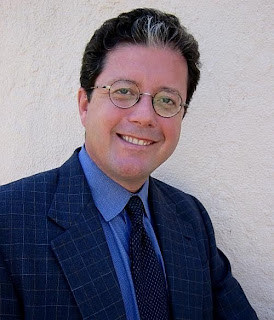Lots of political rhetoric, name calling, and pithy evaluations continue about this court-martial case. But putting the chaff aside there have been and can be a number of teachable moments.
It is unclear what role if any APF will continue to have in this case. The website and a recent email indicate a role limited to publicity for LTC Lakin, his case, and the birther issue. See APF still ‘in the fight’ and apparently LTC Lakin intending to stay the course, and compare with the current site. The United States Patriots Union is now apparently in the game with their four ‘White Papers’. I am labelling them the nativists. While APF has a focus on the birth certificate, the USPU argues the APF position is too narrow and has a focus on the natural born aspect of presidential eligibility as well. Neither theory is helpful to LTC Lakin. Neither theory was helpful before he disobeyed orders and neither is relevant now. Neither theory will ever be relevant to a defense against the current charges. LTC Lakin is in a bind.
I would suspect that the new defense team will bilge the birther/nativist theory. So the question becomes what might be their strategy or approach. I would imagine efforts to avoid or remove this case from trial might be one. Thinking outside the box (or outside the schoolroom solution) is vital. But despite the thinking, can it be done, can a viable defense be fashioned for LTC Lakin.
 Court-Martial Trial Practice Blog
Court-Martial Trial Practice Blog











 The defense team for Army psychiatrist Nidal Malik Hasan has retained prominent forensic psychologist
The defense team for Army psychiatrist Nidal Malik Hasan has retained prominent forensic psychologist